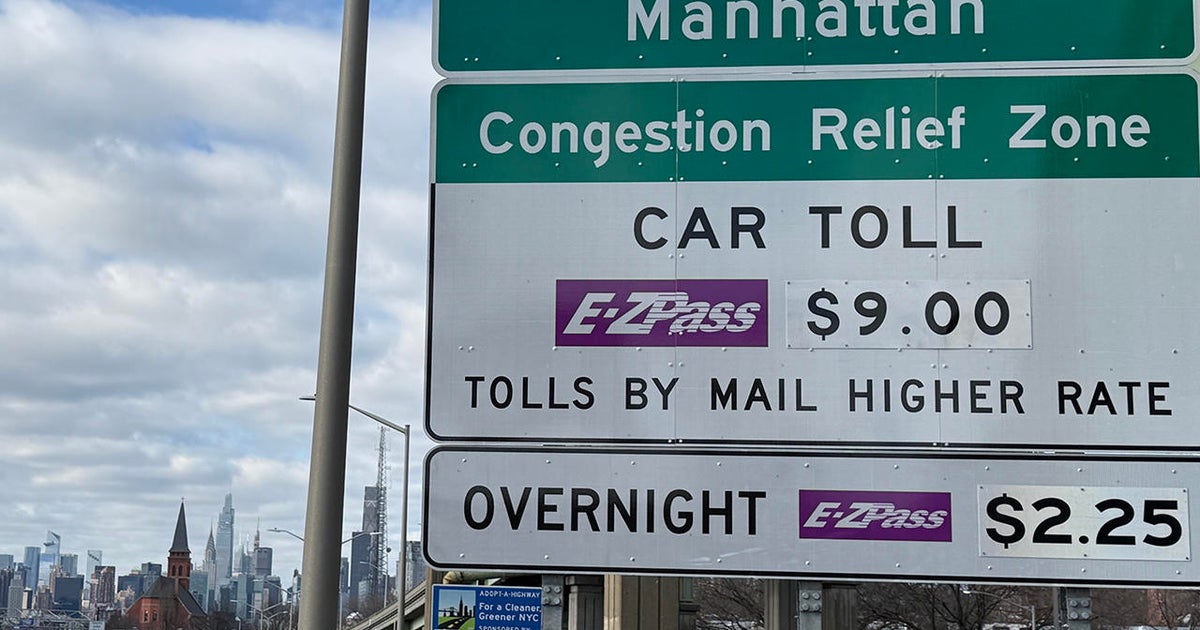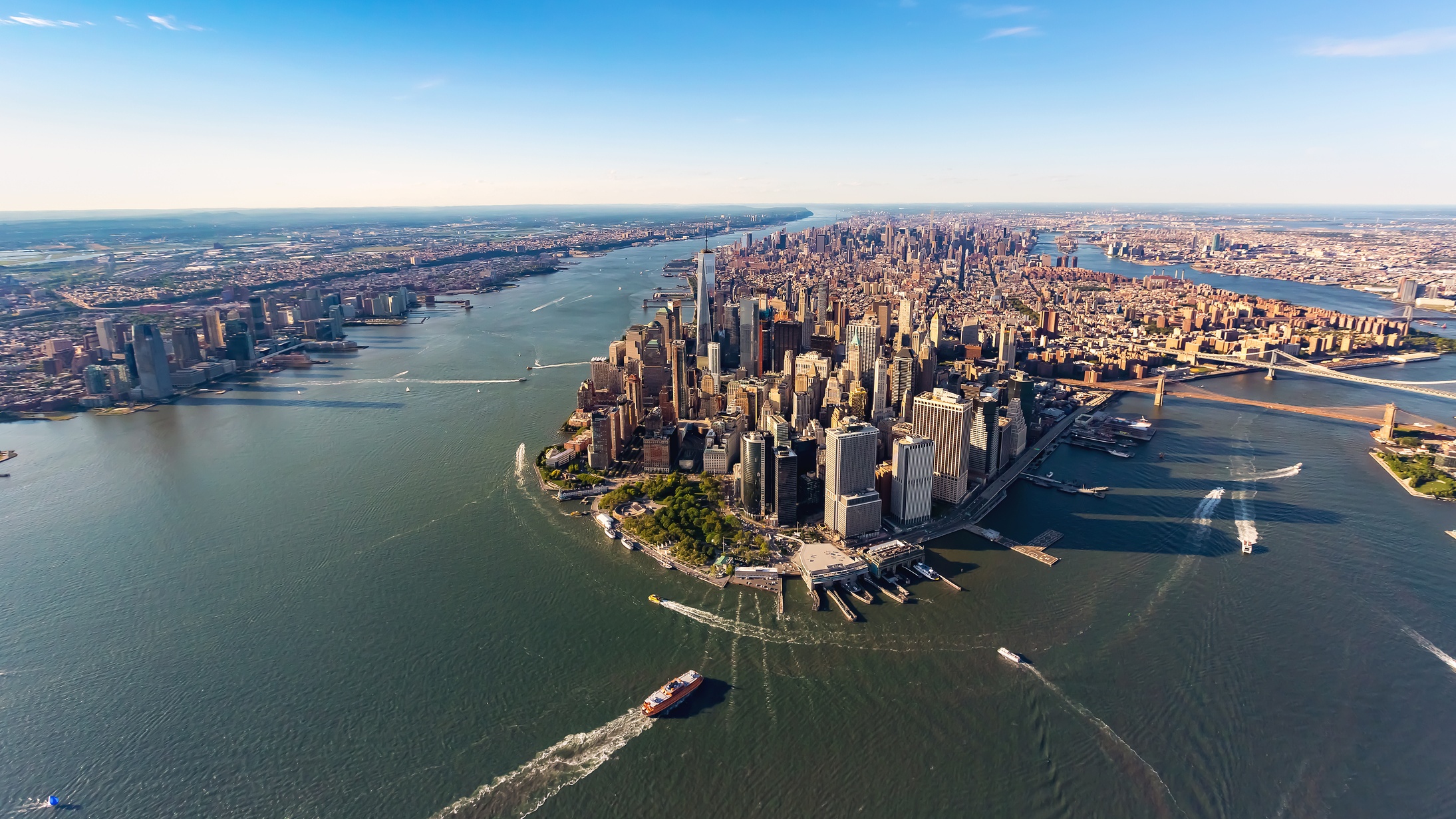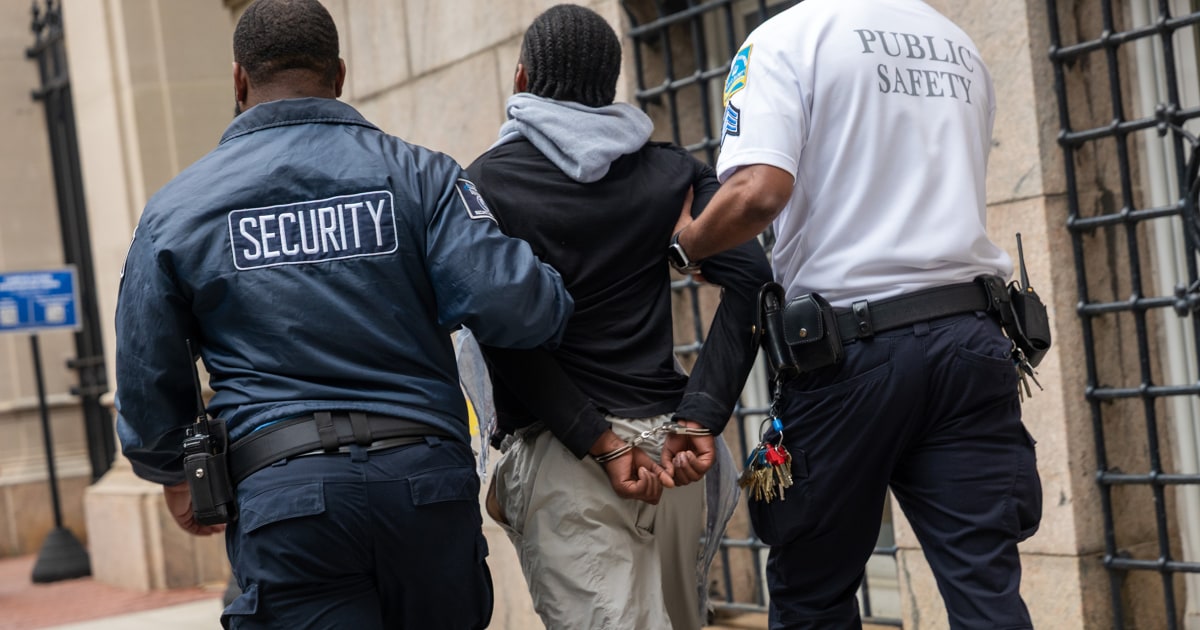NYC's Congestion Pricing: A Week In Review
New York City's ambitious congestion pricing plan, charging most drivers $9 to enter lower Manhattan, is now in effect. This initiative aims to raise $500-$800 million annually for the city's ailing public transit system.
<img src="https://assets1.cbsnewsstatic.com/hub/i/r/2025/01/12/4b8c99cd-95ba-45b0-9814-0d824fbe280d/thumbnail/620x349/ce3934a954b59967f241ca1cb0e45da5/congestion-pricing-map.jpg?v=c32e88638f4c371ec40100fff0bc2158#" alt="Congestion Pricing Map">Early Impacts:
While it's early to definitively assess the plan's long-term success, early reports indicate a significant reduction in traffic within a few days of implementation.
Supporters and Critics:
Proponents like Kathryn Wylde, president of the Partnership for New York City, highlight the potential to drastically improve the city's public transportation and reduce congestion. They emphasize the importance of providing sufficient transit alternatives to ensure acceptance. The initiative draws inspiration from successful models in London, Singapore, and Stockholm.
However, critics like cab driver and playwright John McDonagh argue that it's merely a new tax disproportionately affecting working people, questioning whether it will truly alleviate congestion, given existing infrastructure limitations. Concerns about fare evasion in the subway system, which is projected to cost the MTA $800 million a year, also add to the complexity of the issue.
The Future:
The debate surrounding congestion pricing is likely to continue, with notable opposition even coming from former President Donald Trump. The long-term effects of this innovative approach to managing traffic and funding public transit remain to be seen.
For more information:





Comments
Join Our Community
Sign up to share your thoughts, engage with others, and become part of our growing community.
No comments yet
Be the first to share your thoughts and start the conversation!